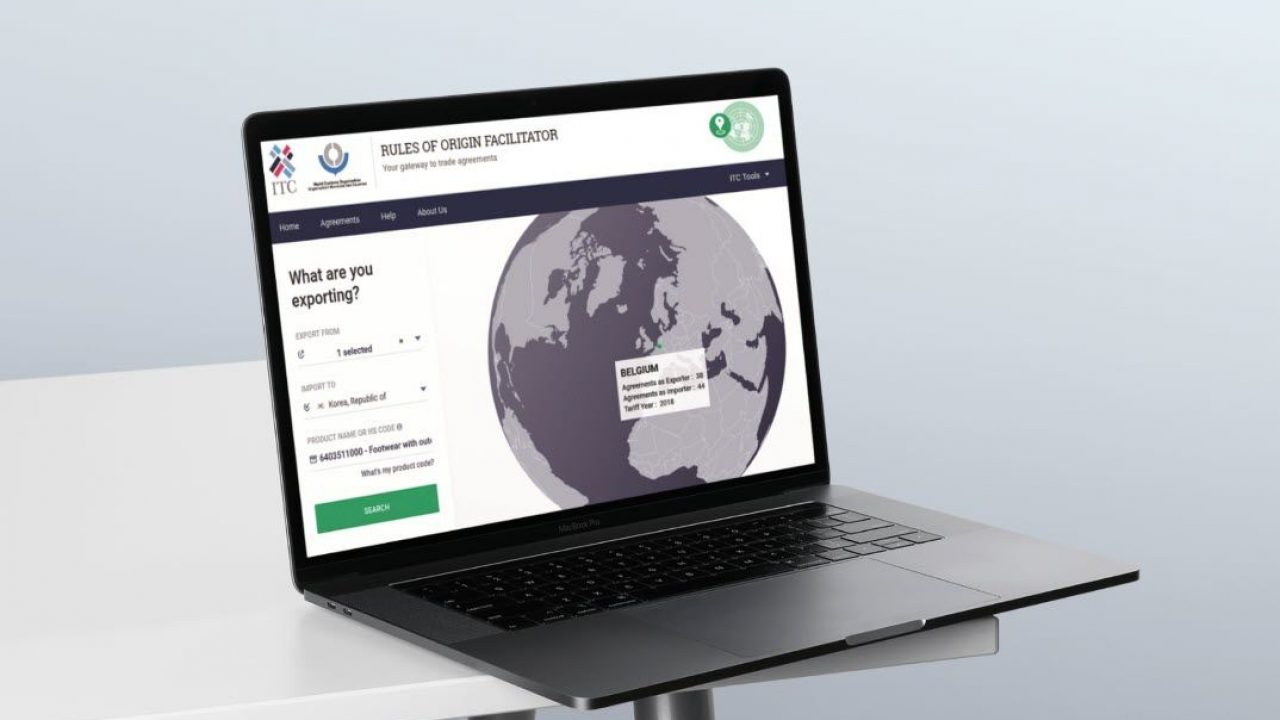Businesses in Cambodia have often reported they are facing a variety of business regulatory issues such as licensing and operating permits, customs and trade regulations, tax rates and tax administration, regulatory policy uncertainty, corruption, and anti-competitive and informal practices. For example, the World Bank Enterprise Survey, which interviewed business owners and top managers in 373 firms from February 2016 through June 2016, shows that over 30% of direct exporters consider customs and trade regulations to be a major or severe constraint. The World Bank report on Cambodia Investment Climate Assessment in 2014 found only 3% of businesses report having adequate information about customs and trade-related regulations.
As introduced in my previous posts, the ongoing government effort to address these and other related problems include the introduction of an online business registration and a trade repository website disclosing trade-related information, including customs permits and duties and trade regulatory procedures and documentation requirements, amongst others.
Now at the international level, the World Customs Organization (WCO) and the International Trade Centre (ITC) have only recently unveiled the ITC-WCO Rules of Origin Facilitator, a database platform containing information on trade agreements and applicable tariff rates at the detailed product level, to help businesses and especially micro, small and medium-sized enterprises (MSMEs) take advantage of existing preferential trade arrangements and benefit from duty savings under these agreements.
The tool is available online at http://findrulesoforigin.org/. The user may conduct the data query by selecting the importing and exporting country and key in the product name or HS code. Prior to its launch in June this year, I understand that there existed no single global searchable database on tariff benefits in trade agreements with the corresponding rules of origin.
Way forward, we should expect that Cambodian exporters can take advantage of this online tool and benefit from the low or zero duty rates available under applicable trade agreements and gain a better competitive position in global markets.
